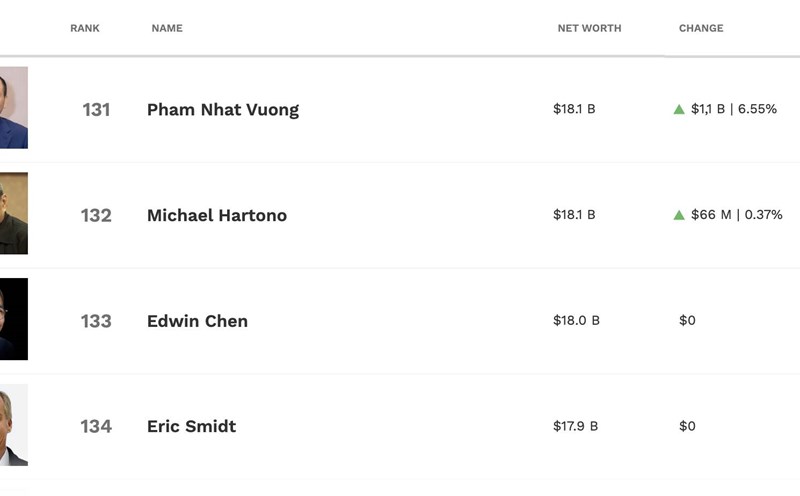On October 10, the US defense budget bill for fiscal year 2026 was passed with 77 votes in favor and 20 against, far exceeding the required minimum of 60 votes.
The US Senate approved the defense budget for fiscal year 2026, with a total value of $925 billion. According to information from the Senate Military Commission, this budget package extends the Ukraina Security Assistance Initiative (USAI) until 2028 and increases the program's funding source to 500 million USD.
The House of Representatives also passed a separate version of the defense spending bill in September, worth nearly $900 billion, of which $400 million was spent on Ukraine.
Currently, the two houses of the US Congress have established a special committee, consisting of members representing both the House of Representatives and the Senate, to agree on the final content of the bill. After being finalized, the document will be sent to President Donald Trump for signing and promulgation.
The new defense spending package clearly reflects the US's orientation to increase military power in the context of increasingly fierce strategic competition with China, Russia and Iran. Meanwhile, the $500 million aid to Ukraine shows that the Trump administration has maintained its commitment to supporting Kiev despite repeatedly saying it wants to cut costs for foreign wars.
According to observers' analysis, the extension of the USAI program allows the US to continue supporting the production of weapons and military equipment for Ukraine more flexibly, helping the US defense industry have more large contracts and ensure supply to Kiev in the medium term.
In addition, the bill also includes investments in missile defense systems, the development of artificial intelligence (AI) in the military, and expanding the budget for the US Navy, especially nuclear Submarine and aircraft carrier projects.
Since the outbreak of the Ukrainian conflict in 2022, the US has provided more than $170 billion in military and humanitarian aid to Kiev, making it the largest donor to Ukraine globally.











